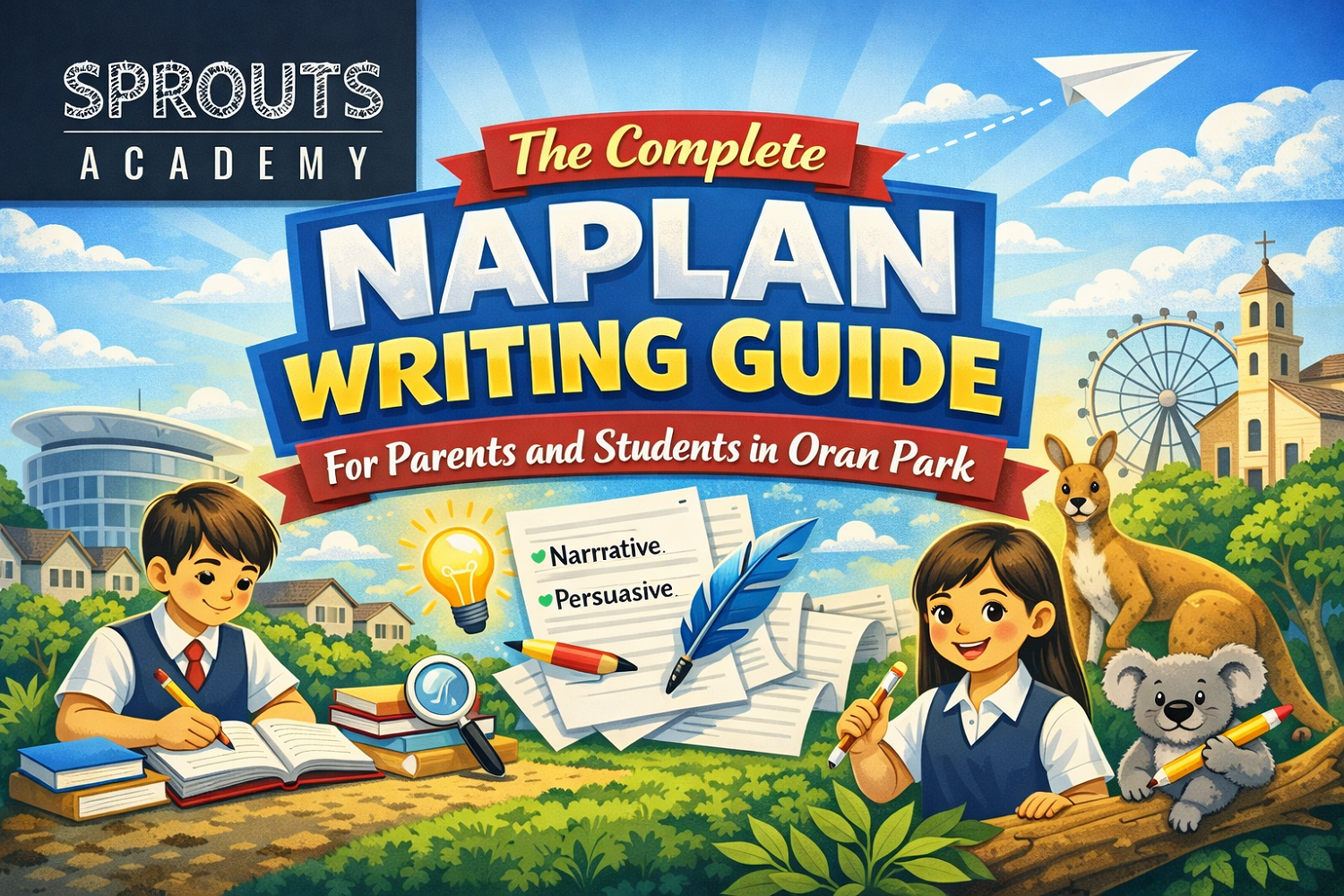Are you a student? Do you ever have issues remembering things? Or do you know someone who is struggling to grasp the concepts presented by their teachers? If so, this blog post is for you:
Here you will learn everything there is to know about studying effectively. After reading this guide, you will be able to memorize any subject in record time.
Get rid of distractions
When you’re trying to study, it can be difficult to concentrate when there are distractions around you. You may feel tempted to check your phone or do other things that will take you away from what you’re supposed to be doing.
But if you want to learn and retain information, it’s necessary for you to get rid of any distractions. Here are some tips for doing so:
- Turn off your phone. When you turn off your phone, it’s less likely that anyone is going to contact you and distract you from studying. If someone does call or text, make sure they know that they shouldn’t expect a response until later on in the day or evening.
- Turn off the TV and computer. If there’s something on TV or online that distracts you from studying, turn it off until after your studying is done for the day or evening. You’ll find that this makes it easier for you to focus on what needs to be done without having anything else pulling at your attention span.
- Find an area where there aren’t many distractions around you. If there’s a particular area near where you live where there aren’t too many distractions around (such as public places), try studying there instead of another part of your home where there are more things going on around
Make a schedule
The first step to improving your study habits is to make a schedule. A schedule will help you keep track of how much time you spend studying, and it will help you remember what you have to do next.
When making a schedule, try to be as detailed as possible. For example, if you have a 30-minute class at 9:00 AM, write down that you need to leave at 8:30 AM. This will allow you enough time to get ready in the morning and still make it on time.
It’s also important to note when you’re going to take breaks from studying and when you’re going to relax or play with friends. Make sure these breaks are scheduled into your schedule so that they don’t cause procrastination later on.
Take breaks
The best way to avoid burnout is to take breaks. If you work for the entire day, or even half the day, without taking a break, you are putting yourself at risk for mental exhaustion.
Studies have shown that taking small breaks in between your study sessions can help you retain more information. Not only will it help you remember what you learned but it can also save your sanity! So don’t be afraid to take a break every now and then.
Read course material before class
The first step to studying effectively is to read the course material before class. You should read the material as soon as possible after getting it, so you can ask questions during class, or at least know what you should be asking about.
After reading the material, make sure that you know what was covered in class. If there’s anything important that wasn’t covered in class, then find out how to get more information about it.
The next step is to review the material for a quiz or test. This will help ensure that you remember everything and that you’ve understood it properly. It’s also a good idea to take notes on what was covered in class, since this will help jog your memory when reviewing for an exam.
Hopefully with these tips, you are better equipped to manage your time, plan ahead, reduce anxiety and test anxiety, and actually focus on studying. Remember the most important part about studying is that it’s useful.





